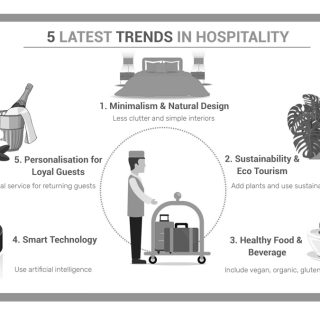
- Set Clear Goals:
- Define your short-term and long-term goals, both academically and professionally.
- Break down larger goals into smaller, manageable tasks.
- Create a Schedule:
- Develop a daily or weekly schedule to allocate time for classes, study sessions, work, and personal activities.
- Use tools like planners, calendars, or digital apps to help organize your schedule.
- Prioritize Tasks:
- Identify and prioritize tasks based on deadlines and importance.
- Focus on high-priority tasks first and tackle less critical ones later.
- Eliminate Time-wasting Activities:
- Identify and eliminate distractions, such as excessive use of social media or unnecessary online browsing.
- Use apps or tools to block distracting websites during study periods.
- Break Down Tasks:
- Break larger tasks into smaller, more manageable components. This makes them less overwhelming and easier to tackle.
- Set realistic deadlines for each sub-task.
- Learn to Say No:
- While it’s essential to be involved, learn to say no when your plate is already full.
- Prioritize commitments and focus on quality rather than quantity.
- Time Blocking:
- Allocate specific blocks of time for particular activities. For example, dedicate specific hours to studying, attending classes, and practical training.
- Stick to these time blocks as much as possible.
- Use a Time Management Technique:
- Explore popular time management techniques like the Pomodoro Technique (25 minutes of focused work followed by a 5-minute break) to enhance concentration and productivity.
- Review and Reflect:
- Regularly review your schedule and adjust it as needed.
- Reflect on your time management practices and identify areas for improvement.
- Balance Work and Rest:
- Ensure you allocate time for relaxation, hobbies, and socializing to maintain a healthy work-life balance.
- A well-rested mind is more productive and focused.
- Seek Help When Needed:
- Don’t hesitate to ask for help or delegate tasks when necessary. Collaborate with classmates on group projects to share the workload.
- Continuous Improvement:
- Continuously evaluate and refine your time management strategies based on your experiences and changing circumstances.
Remember, effective time management is a skill that develops over time. Experiment with different strategies, and find what works best for you in the context of your studies and hotel management responsibilities.




